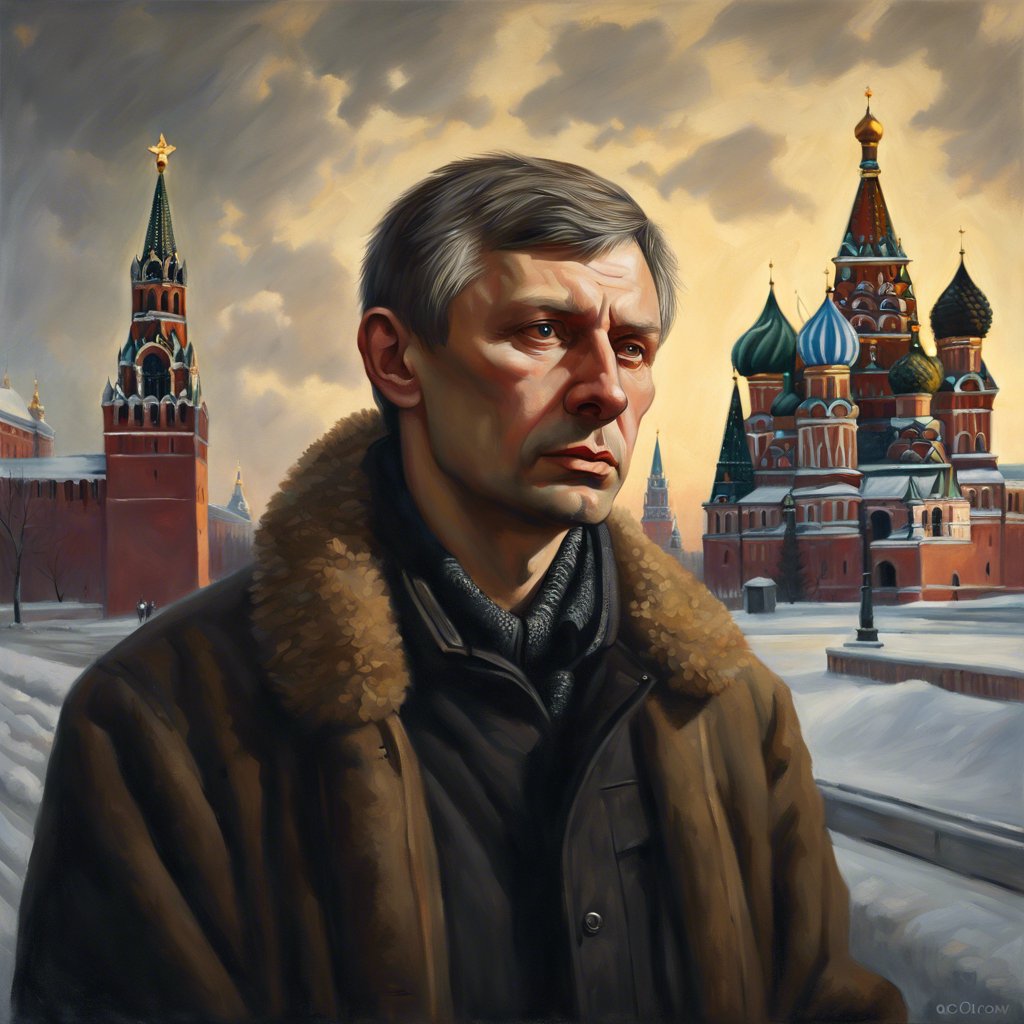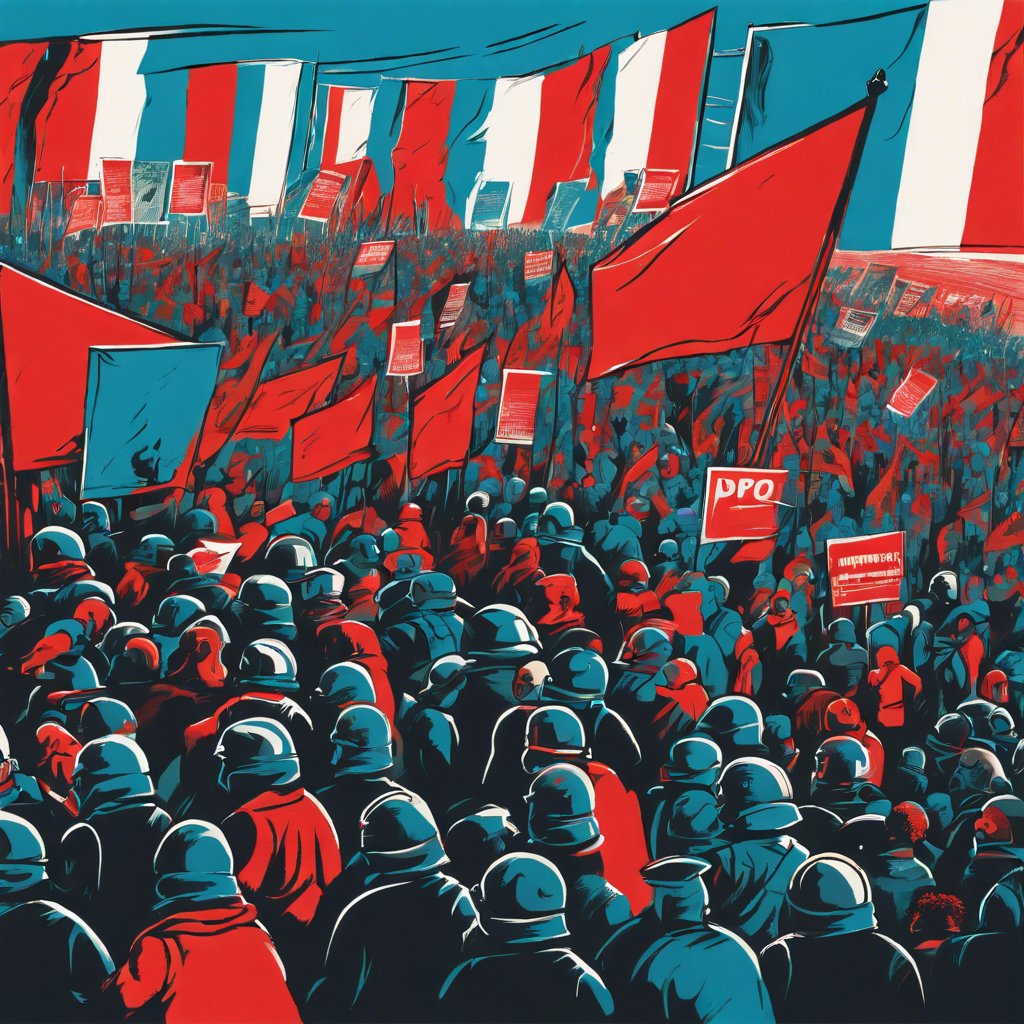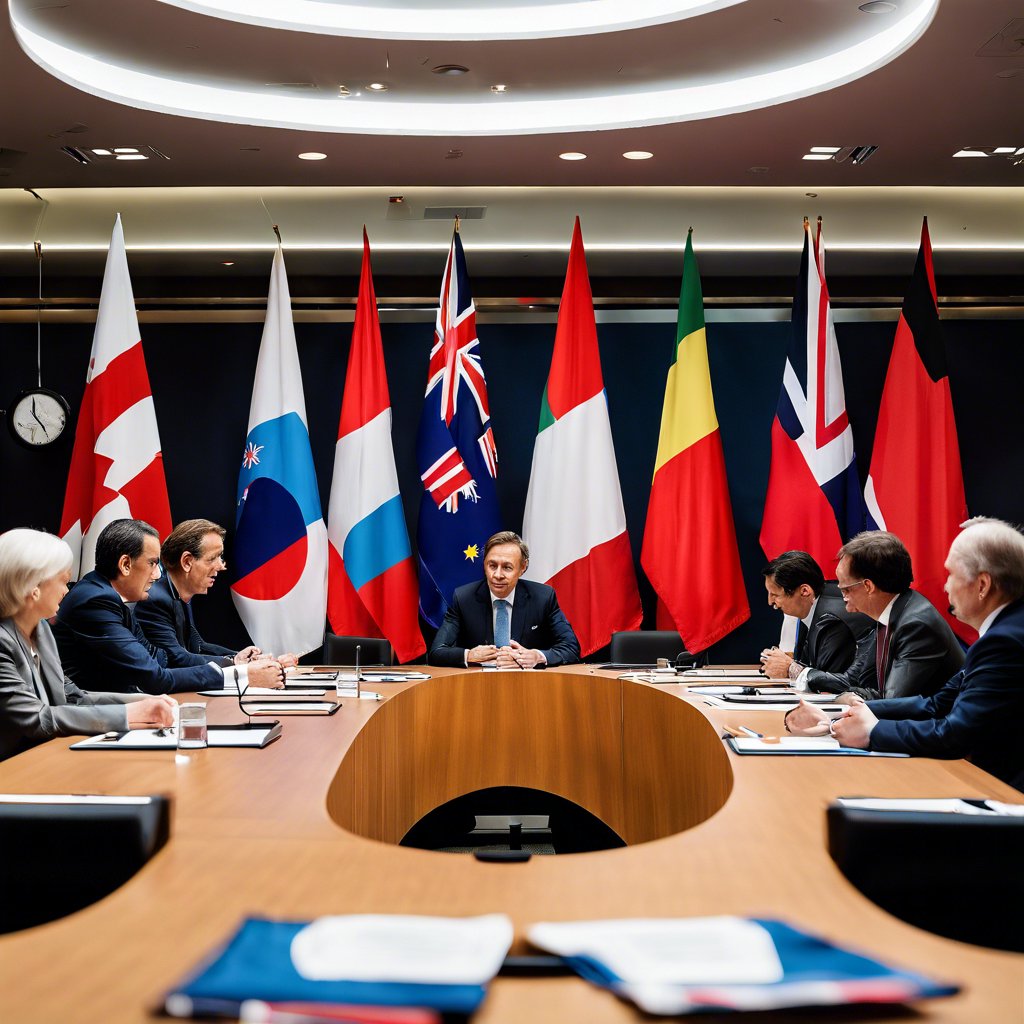Oleg Orlov’s Unexpected Release: A Reflection on Russian Politics
After spending five long months in a Russian prison, renowned human rights advocate Oleg Orlov found himself pondering the unlikeliest of scenarios: what if he were to be released as part of a diplomatic negotiation between Russia and the West? The prospect of a prisoner exchange seemed as distant as a “star twinkling far, far, far away on the horizon,” Orlov remarked in a recent interview. The strained relations between Moscow and Western nations, coupled with their conflicting interests, seemed to preclude the intricate negotiations necessary for such an agreement.
However, in an unexpected turn of events, a significant prisoner swap occurred last week—marking the most extensive exchange with Moscow since the Cold War. In a surprising move, President Vladimir V. Putin and his ally, Belarus, facilitated the release of Orlov and 15 other individuals, including Russians, Germans, and Americans. In return, the West released a convicted assassin along with seven other Russians. This exchange provided Orlov with a stark reminder of how deeply embedded Vladimir Putin’s K.G.B. past is in his identity and his vision for Russia’s future.
Reflecting on the swap, Orlov noted, “Putin is a K.G.B. man, an F.S.B. man.” This observation came just four days after two private jets carrying him and other freed prisoners touched down in Cologne, Germany. Espionage is a topic that Orlov is well-acquainted with, having dedicated decades to studying the atrocities committed by the Soviet secret police. He is a co-founder of Memorial, a human rights organization that was awarded the Nobel Peace Prize in 2022 for its efforts in preserving the memory of past political repressions.
Orlov’s insights shed light on Putin’s trajectory. The Russian president served as a K.G.B. agent in Dresden, East Germany, during the 1980s and later led the F.S.B., the K.G.B.’s successor agency, in the 1990s. Orlov highlighted that for Putin, demonstrating loyalty to the F.S.B. and other Russian intelligence agencies by negotiating the release of their operatives outweighs the political risks associated with liberating opposition figures whom the Kremlin has labeled as traitors.














